Search
Search Results
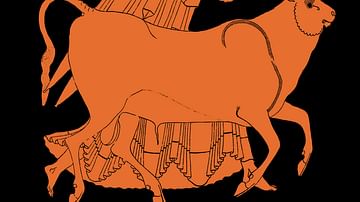
Definition
Europa
Europa is a figure from Greek mythology who later gave her name to the continent of Europe. In one popular version of her story Europa was a Phoenician princess who was abducted by Zeus and whisked off to Crete; King Minos, he of the labyrinth...
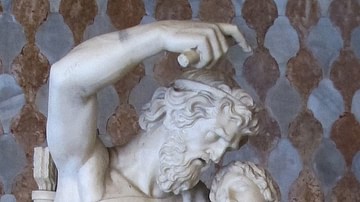
Definition
Chiron
Chiron (also spelt Cheiron) is a wise centaur (half-man, half-horse) in Greek mythology, who was a friend and tutor to many legendary Greek heroes, including Achilles and Jason. Chiron's parentage differed from the rest of the centaurs, as...
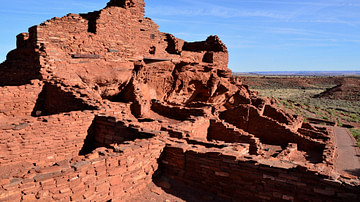
Interview
Interview: The Ancient Southwest
Pre-Columbian civilizations of the Southwestern United States and Northern Mexico include the Hohokam who occupied the US state of Arizona, the Anasazi or Ancestral Pueblo Peoples who resided in the Four Corners Region, and the Mogollon who...

Definition
Qilin (Chinese Unicorn)
The qilin (麒麟, or simply lin 麟) is a Chinese mythical creature, frequently translated as "Chinese unicorn." While this term may suggest a one-horned creature, the qilin is often depicted with two horns. However, like the Western unicorn...
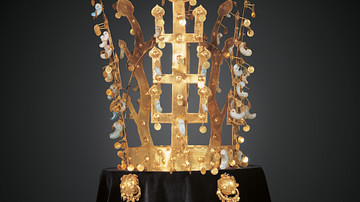
Article
The Gold Crowns of Silla
The Silla Kingdom ruled south-eastern Korea during the Three Kingdoms period (1st century BCE - 7th century CE) and then, as the Unified Silla Kingdom, all of Korea from 668 to 935 CE. The Silla produced fine pieces of art, but their most...
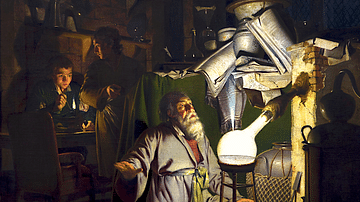
Definition
Alchemy
Alchemy is an ancient practice aimed at recreating precious substances using recipes and transformative materials such as the philosopher's stone. Alchemists believed that materials like gold, silver, gems, and purple dye could be recreated...

Definition
Chitrali Mythology
Chitrali mythology developed in the region of Chitral, the tallest portions of the Hindu Kush mountains, where the Chitrali people, at the juncture of South, Central, West, and East Asia, were exposed to many external cultural influences...
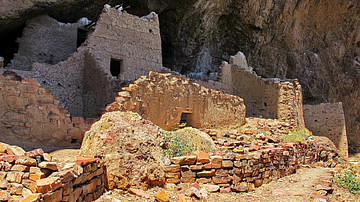
Definition
Salado Culture
The Salado culture is a term used by historians and archaeologists to describe a pre-Columbian Southwestern culture that flourished from c. 1200-1450 CE in the Tonto Basin of what is now the southern parts of the present-day US states of...

Image
The Heian-era Byodoin Temple
The Byodoin Temple in Uji, Japan dates from the late-Heian period, and it served as the residence of the influential minister Fujiwara no Michinaga (966-1028 CE). It was originally built in 998 CE. The most famous portion of the temple is...
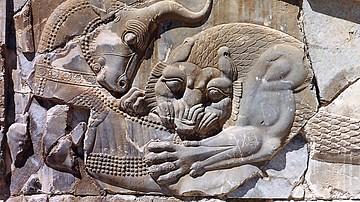
Article
Twelve Ancient Persian Mythological Creatures
The mythology of any civilization reflects its core values, greatest fears, and highest hopes and so it is with the mythology of ancient Persia. The great heroes like Karsasp, Thraetaona, and Rustum express particularly Persian values but...